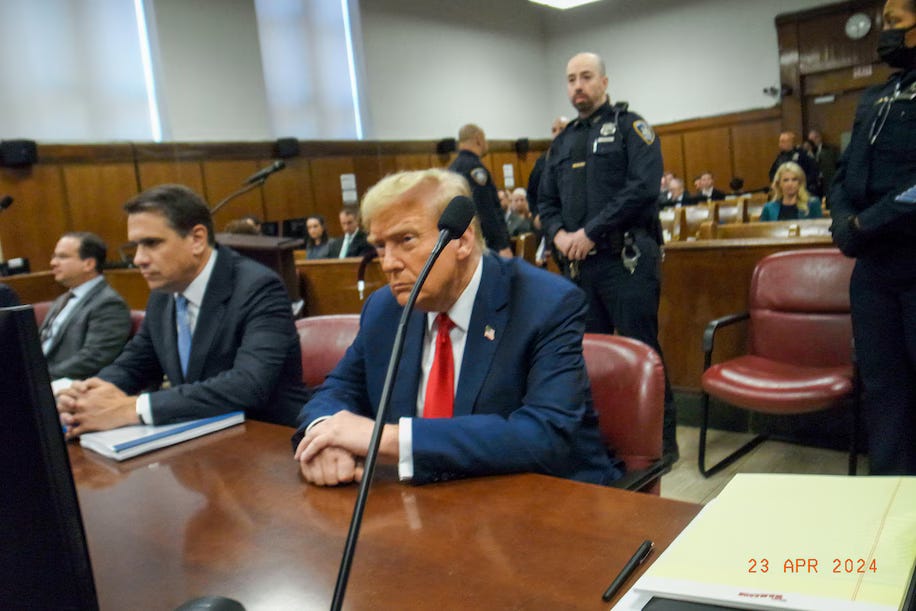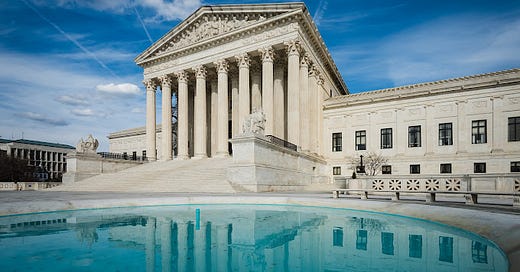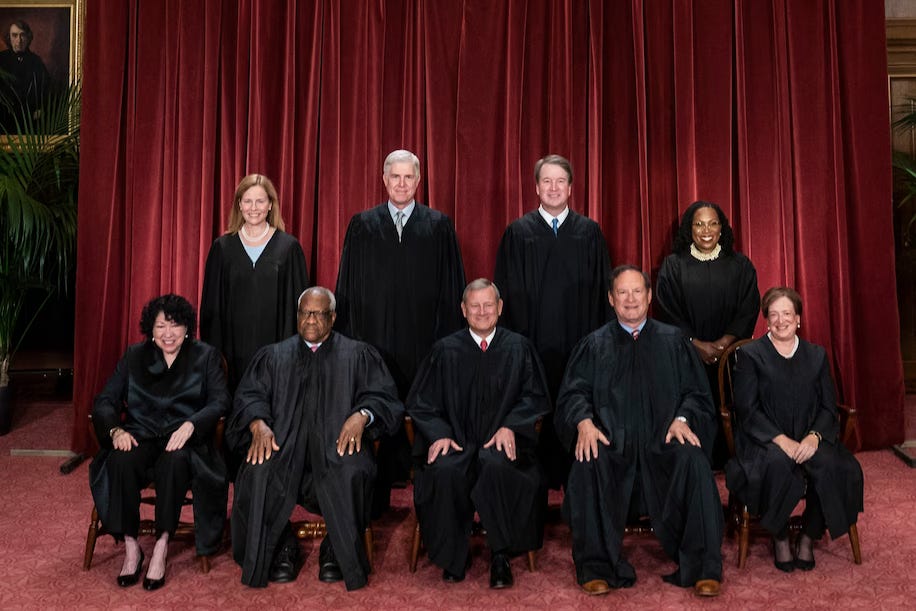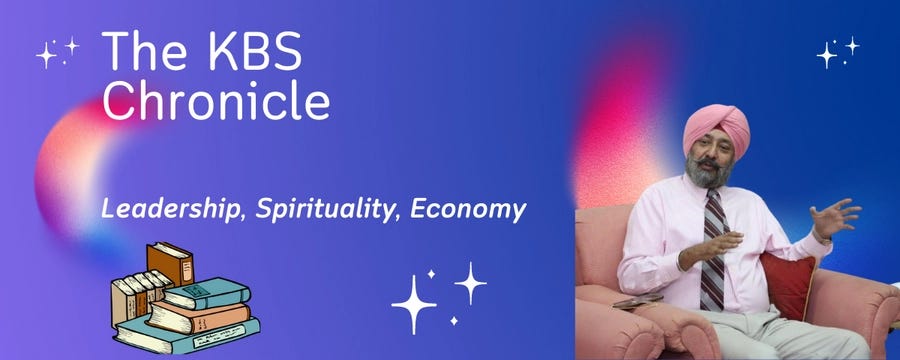US Supreme Court Hears Arguments in Trump Immunity Case
Thrust_day Thursday for Trump: The Trump Trial in the New York Hush Money case (Stormy Daniels case) is proceeding uninterrupted.
US Supreme Court Hears Arguments in Trump Immunity Case
The Supreme Court of the United States has commenced hearing oral arguments in a case of paramount constitutional importance that questions the extent of presidential immunity. This case specifically addresses whether former President Donald Trump is immune from prosecution for actions taken while in office as he sought to retain power following his defeat in the 2020 presidential election. The outcome of this case is expected to shape not only Trump's legal fate but also the broader contours of presidential power and accountability for future officeholders.
Examining Presidential Immunity
A central theme in the Supreme Court's deliberations is the concept of immunity for official acts. The Justices are exploring which allegations in the indictment might be considered official acts and to what extent a sitting President is shielded from legal scrutiny for actions taken while in office. This consideration could set a crucial precedent for future Presidents and their responsibilities while in power.
Implications for Trump’s Trial and the 2024 Election
The Supreme Court's decision will have a profound impact on the timeline of Trump's upcoming trial in Washington DC on charges of election interference. A ruling against immunity would pave the way for the trial to proceed, potentially influencing the political landscape leading up to the 2024 presidential election. Given Trump's status as the presumptive Republican Presidential nominee, the US Supreme Court's decision carries significant political ramifications. Needless to say, while the Apex Court hears the arguments, the proceedings in the DC Trial Court have been held in abeyance.
Reviewing the Lower Court's Ruling
The Supreme Court is reviewing a unanimous lower court ruling that allowed for the prosecution of Donald Trump over his alleged attempts to overturn the 2020 election results. This ruling stemmed from a thorough examination of the evidence, presenting a pivotal legal perspective on the former President's actions. The lower court determined that Trump's acts of omission and commission in relation to the January 6th Capitol riot, while still in office, could not be considered, by any stretch of imagination, as part of his legitimate official duties as President. The Supreme Court's evaluation will either affirm or overturn this crucial lower court decision, setting the direction for subsequent legal proceedings, that is the criminal jury trial.

Trump Faces Trial in New York Court Amid Supreme Court Hearing
While the Supreme Court hears arguments on the question of presidential immunity, Donald Trump finds himself entangled in another live legal battle. The former President is on trial in New York, and present in Court as an accused, facing charges related to hush money payments made during his 2016 presidential campaign.
As part of this trial, David Pecker, former publisher of the National Enquirer, resumed his testimony, shedding light on the behind-the-scenes efforts to suppress potentially damaging stories about Trump. Pecker's testimony is expected to reveal more details about the deals to silence a former Playboy model's allegations of a year-long affair with Trump, potentially implicating him in unlawful conduct.
Meanwhile, prosecutors in the hush money trial requested that the Court hold Trump in contempt for violating a gag order, citing additional statements he made over the past two days. This development underscores the ongoing tension surrounding Trump's legal difficulties and the scrutiny he faces as he continues to navigate the judicial system.
The Supreme Court's Role in Shaping the Future
As the US Supreme Court deliberates, pretrial proceedings in Washington remain on hold. This pause grants the Justices a direct role in shaping the timing of Trump's trial, underscoring the Apex Court's pivotal role in balancing justice and executive privilege. The forthcoming decision will likely resonate across the political spectrum, influencing public perception of presidential accountability and legal responsibility, apart from setting a precedent for the future.
The Supreme Court's final judgment, expected in a few weeks, will mark a defining moment in the ongoing legal saga surrounding Trump's alleged efforts to subvert the 2020 election results. Until then, the nation and indeed the world watch closely, awaiting a verdict that could have far-reaching implications for the future of American democracy and the presidency, even as the trial in the New York hush money case (Stormy Daniels case) proceeds as scheduled.






